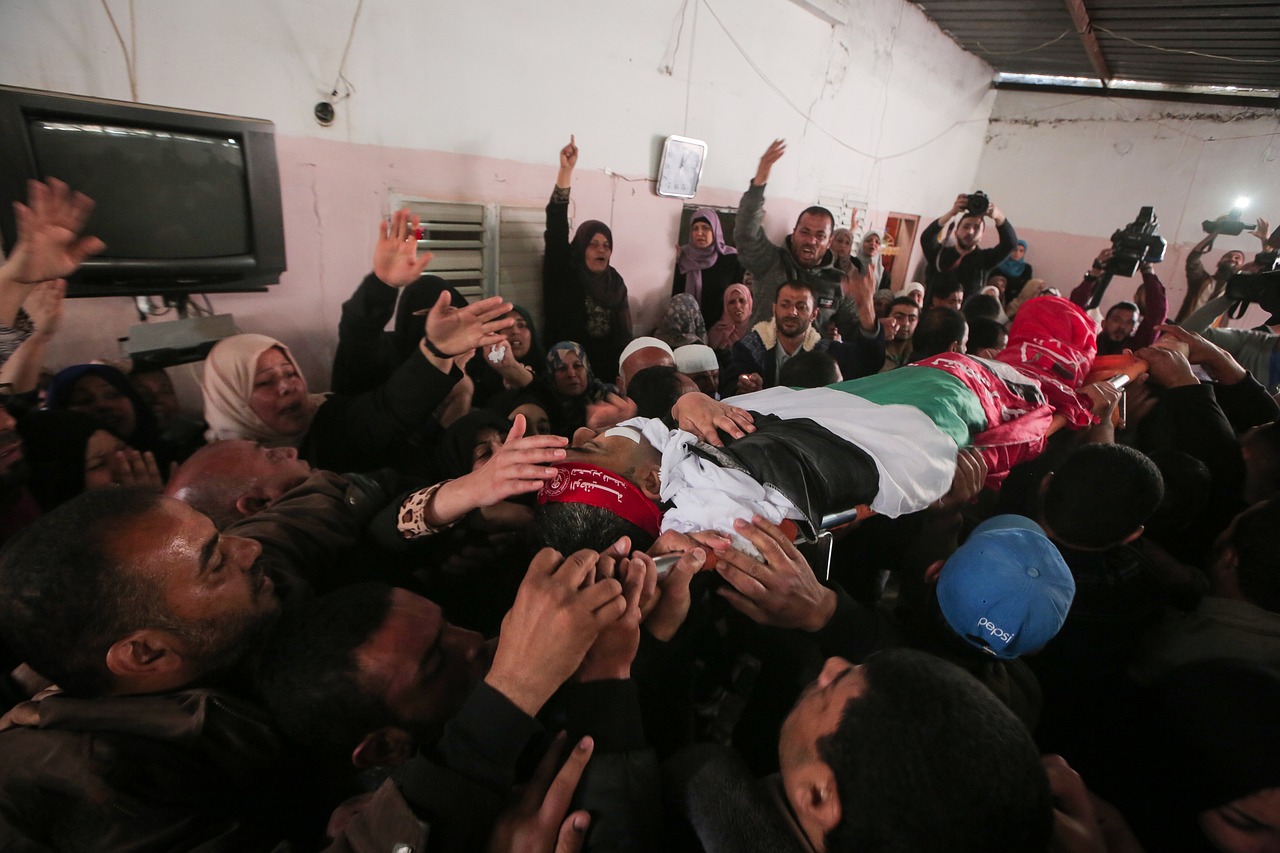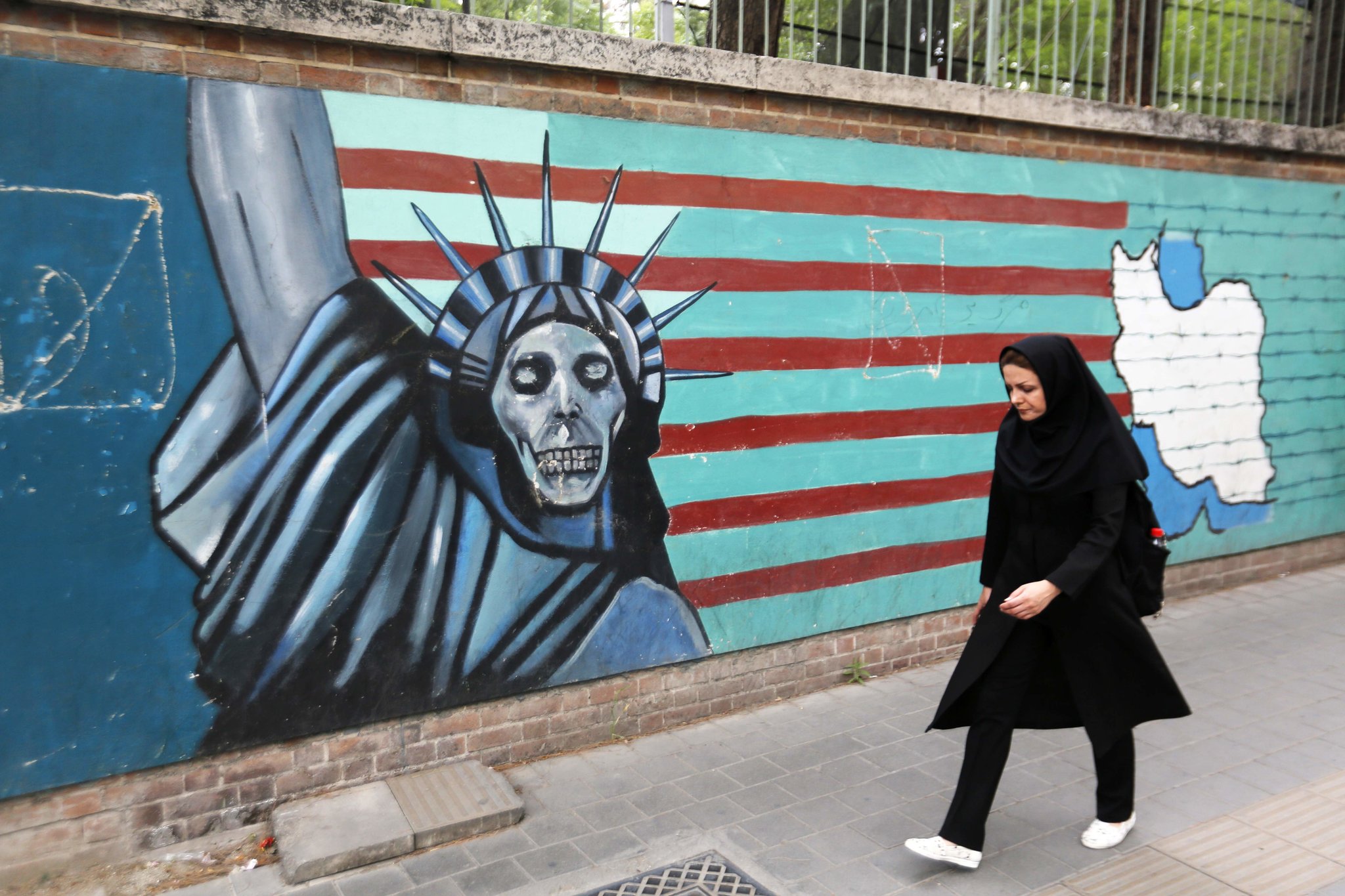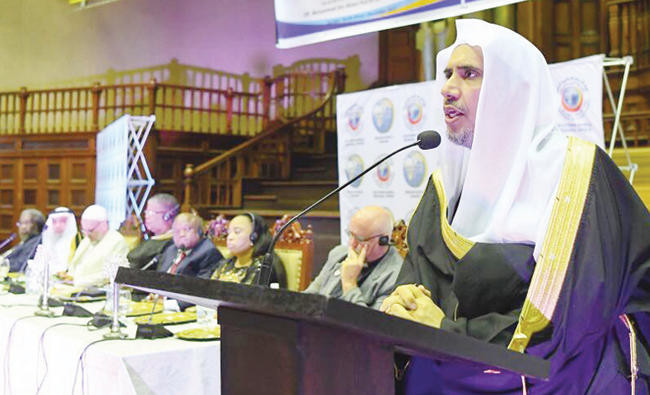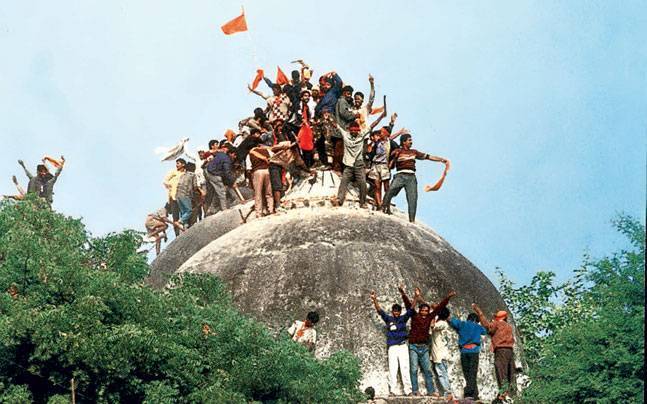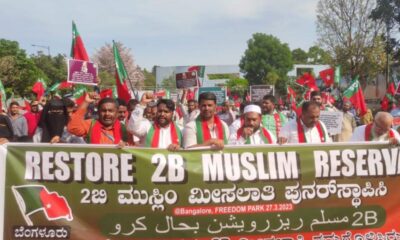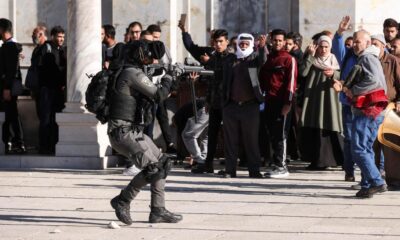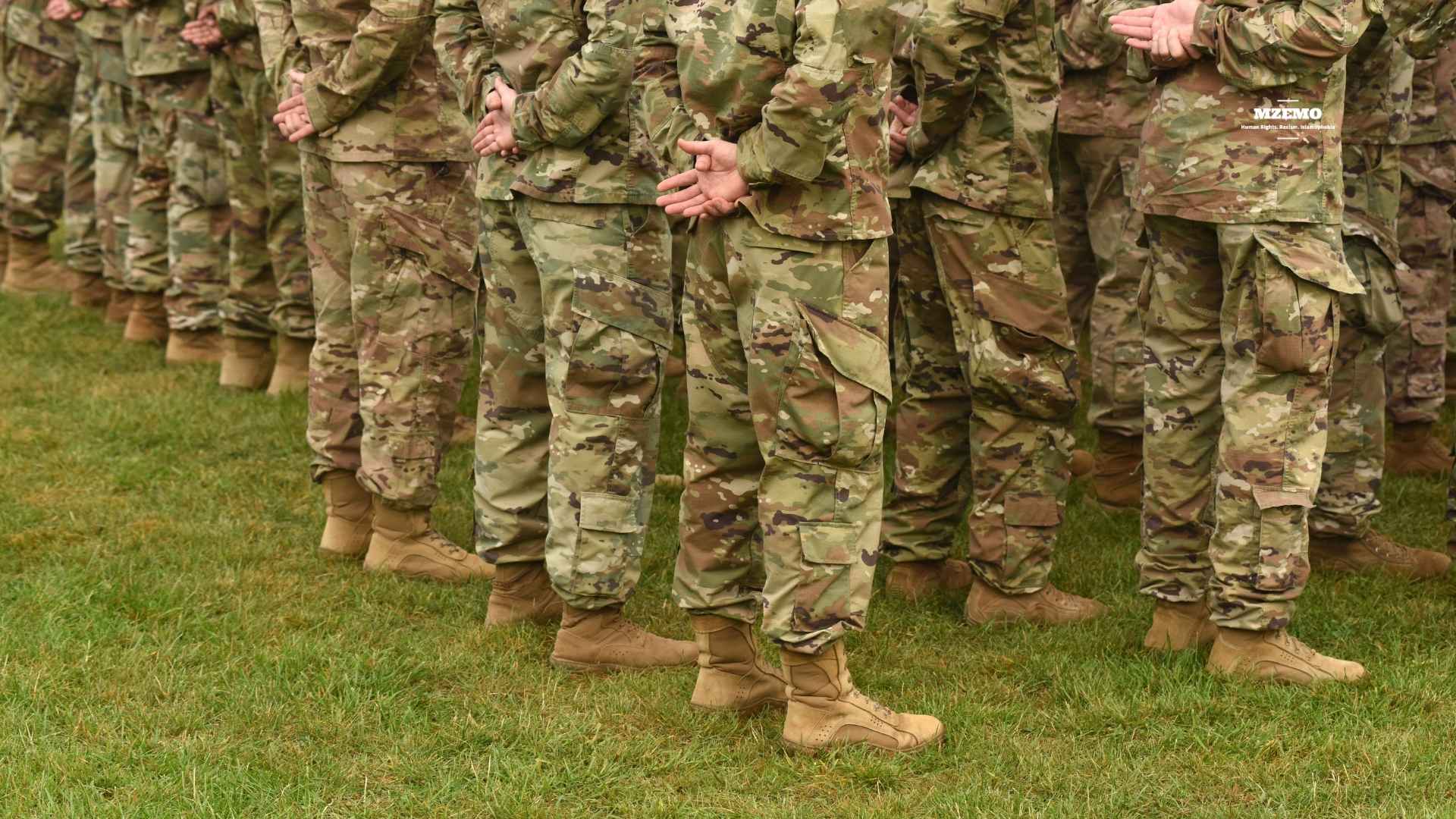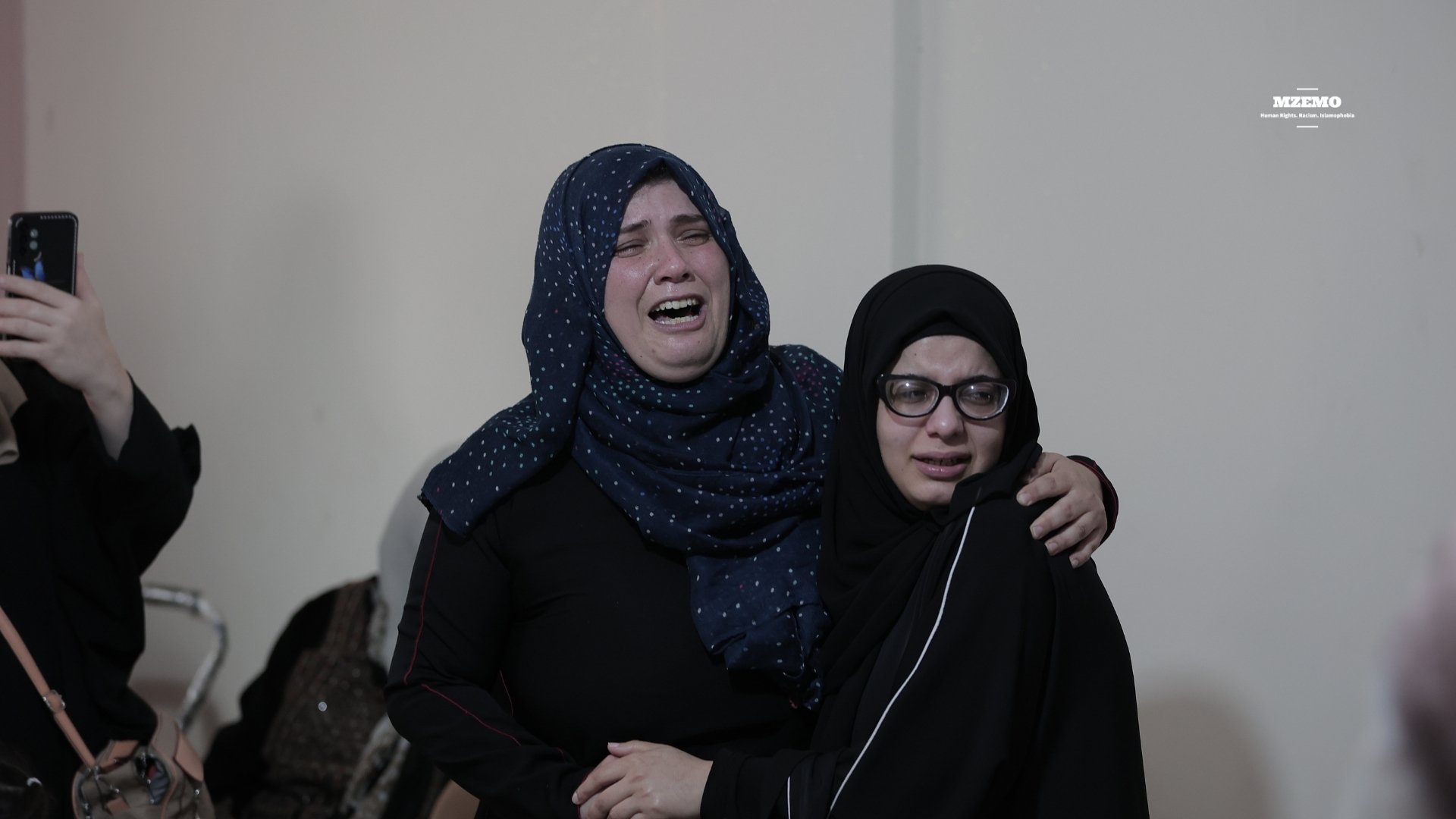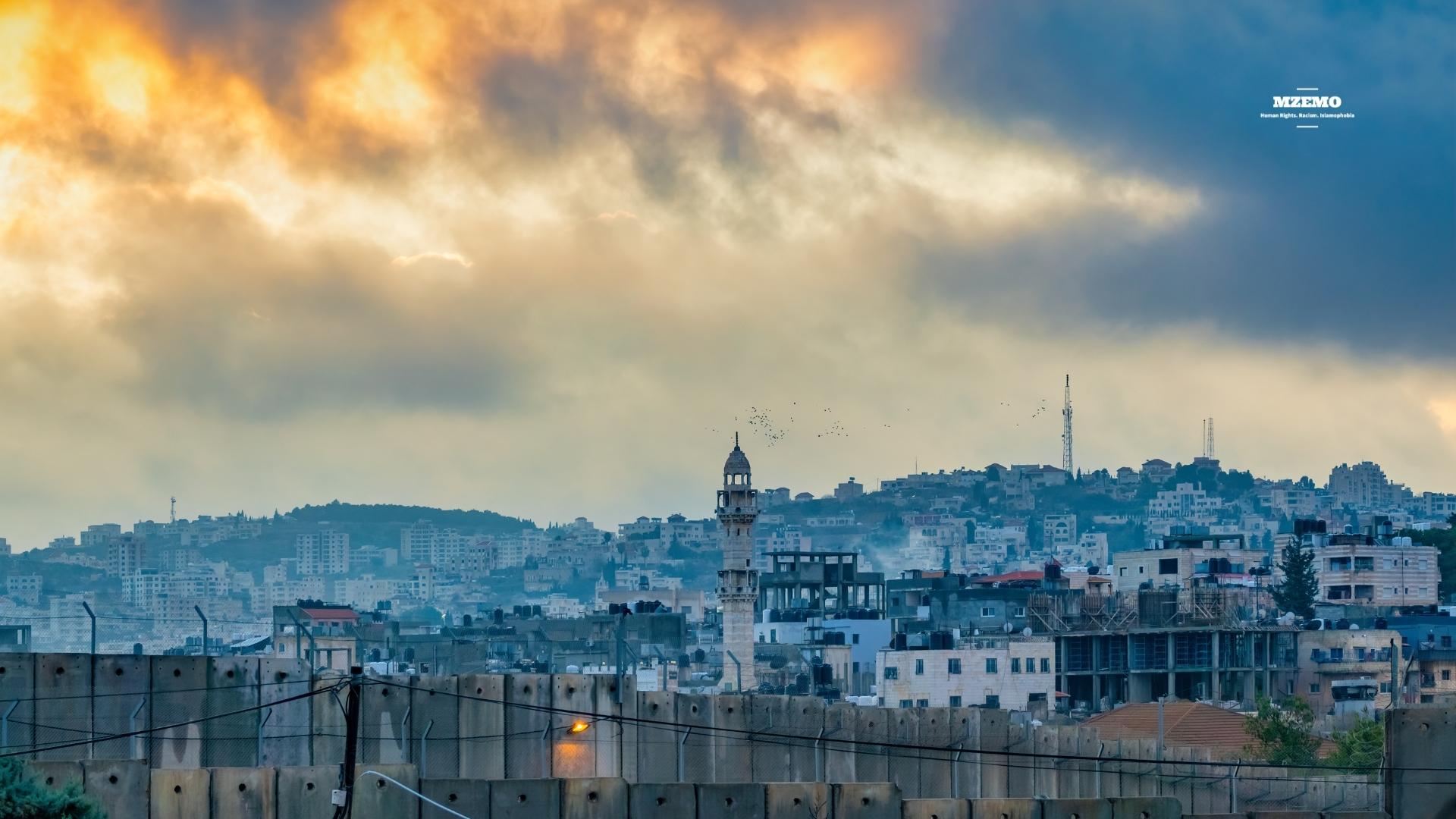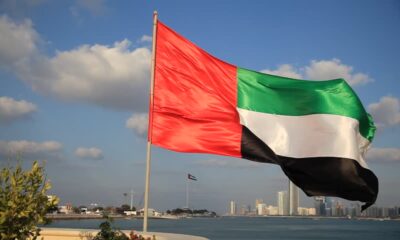This article was written to coincide with the annual anniversary of the Prophet Muhammed’s birthday.
I readily admit I tremble a little, with awe and humility, whenever I write or talk about this extraordinary figure, who is, indeed, the greatest man to walk on earth. Muhammed, may God’s peace and blessing be upon him, was not an incarnation of God, or God on earth, or the second or third person in some polytheistic holy trinity. Nor was he a quasi-heavenly figure who demanded that his companions and followers deify and worship him in any conceivable manner. Muhammed was none of that.
After all, Muhammad was the ultimate advocate and champion of pure monotheism or the oneness of God. He strongly rejected and resented any suggestion that he shared any of God’s attributes and characters such as eternality, omnipotence (being all-powerful) and omniscience (being all-knowing).
Nonetheless, the Prophet of Islam was a Quran walking on two legs. He epitomized the Quran, the final Testament to mankind in his daily life, as described by Aisha, his beloved wife.
Muhammed excelled in every sphere, as a husband, as a father, as a teacher, as a leader, as a judge and peacemaker. Indeed, if there were such a person as the perfect human-being, Muhammad would be that person. But perfectness belongs to God alone. The prophet said “All the children of Adam are prone to sin, and the best of sinners are those who repent.”
The Prophet never ever claimed or suggested that he was more than just a human being According to the sira, the meticulously-researched biography of the prophet, a man came up to the prophet, trembling in awe of his aura of venerability. The Prophet told him: “take it easy, I am not a king, I’m the son of a (simple) woman who used to eat Qadid (dried, salted sliced meat).
In Sura 7 (Aaraf), verse 188, Allah instructed His Prophet to stress to the people that he was but a man chosen by God as a warner as well as bringer of good tidings.
Say (O Muhammad): “I possess no power of benefit or harm to myself except as Allah wills. If I had the knowledge of the (unseen), I should have secured for myself an abundance of wealth, and no evil should have touched me. I am but a warner, and a bringer of glad tidings unto people who believe.”
Read also: “Do Not Waste Water Even If You Were At A Running Stream” Prophet Muhammad
Ultimate paragon of virtue, justice and morality
When the American astrophysicist, Michale Hart, author of A Ranking of the Most Influential Persons in History, was asked why he ranked the Prophet of Islam as the greatest man in history, he simply pointed out that the Prophet was “supremely successful” in both the religious and secular realms, being responsible for both the foundation of Islam as well as the subsequent growth and phenomenal expansion of the monotheistic faith whose followers now exceed two billion human beings. Hart pointed out that while numerous other great persons excelled in one sphere, Muhammed excelled in every sphere.
Muhammed is greater than all the words.
There is absolutely no doubt that Muhammed is greater than all words. I understand that counting Muhammed’s virtues, merits and values would take so much time and space. However, I do also realize that counting a great man’s virtues would be inappropriate for him if his virtues were beyond counting.
None the less, the holy Prophet of Islam, the final messenger of the Creator to mankind, must always be present in our daily life, as his pure and immaculate Sunna must be our ultimate guide to happiness, prosperity and salvation in this World and the real after
In Sura a-Ahzab, V.21, we read:
“Verily, in the messenger of God you have a good example for him who looks unto Allah and the Last Day, and remembers God much.”
Indeed, by following the Sunna of Muhammed in all walks of life, we don’t benefit the Prophet, for he doesn’t need our benefits, praise and good deeds; It is we who ultimately benefit from following the Sunna of the messenger of God .
The lofty values of morality
Soon after the Prophet received his call, he stood up at the center of Mecca and declared: “I have been sent by God to uphold and complete the sublime ideals of morality ( Makaremul Akhlaq).”
Indeed, from the very inception of the Muhammedan call, morality and moral values always loomed large in the message of Islam. The following are some examples of the prophet’s sayings on morality:
The Prophet said ” Pay the deposit (trust) to him who deposited it with you, and do not betray him who betrayed you.”
He also said : “you will not win the hearts of men with your money, But you can win their hearts with your kindness and virtuous behavior.”
On the subject of cheating, the Prophet said “whoever cheats, is not one of us.” As to lying, he said ” a Muslim must not lie”
Moreover, he said: give a laborer his wages before his sweat dries up”
Furthermore, the holy prophet said “The best of you is one who is best to his family (wife) and I am the best of you to my family.
Finally, as the prophet was dying, he said: “I strongly urge you to observe ordained prayers and to be kind and behave well toward your women.’
The Muhammedan message on justice, peace and racism
Islam is extremely sensitive to the issue of justice, even in adverse situations, such as the time of war. Islam teaches that peace can only be as the result of true justice. Justice comes before peace.
In fact, justice in all its forms is a central feature in the religion of Islam. Just consider the following verse:
O ye who believe! stand out firmly for Allah, as witnesses to fair dealing, and let not the hatred of others to you make you swerve to wrong and depart from justice. Be just: that is next to piety: and fear Allah. For Allah is well-acquainted with all that you do. Sura 4-v..135
Can we find such a verse in any religious scriptures other than the Quran?
On the subject of peace, the prophet reportedly said.
“By Allah, you will not enter paradise until you believe, and you will not believe until you love each other. Shall I tell you of something which if you do, you will love each other? Foster peace amongst yourselves.”
Finally, the religion of Islam condemns in the strongest terms all forms of racism, including tribalism, chauvinism, parochial nationalism and fanaticism to family or country, calling it “filthy”
In the Holy Quran, in Sura al Hujorat, there is a popular verse which can and probably should be adopted as an international charter for human brotherhood and solidarity:
O mankind! We created you from a single (pair) of a male and a female, and made you into nations and tribes, that ye may know each other (not that ye may despise each other). Verily the most honored of you in the sight of God is (he who is) the most righteous of you. And Allah has full knowledge and is well acquainted (with all things). Al-Hujorat, v. 13
I have no doubt in my mind that should humanity adopt at least some of Islam’s teachings on world peace, international cooperation, combatting racism, oppression and aggression, our world would be a true paradise on earth. But who would listen?
Muslims, too, should follow the path of Muhammed, honestly and sincerely, in order to overcome their many crises and problems, including political tyranny, poverty, and disunity. Remember, Allah does not change the conditions of a people unless they change what is in themselves.


 Featured2 years ago
Featured2 years ago
 Featured3 years ago
Featured3 years ago
 Featured2 years ago
Featured2 years ago
 Featured4 years ago
Featured4 years ago
 Featured3 years ago
Featured3 years ago
 Featured5 years ago
Featured5 years ago
 Featured3 years ago
Featured3 years ago
 Featured5 years ago
Featured5 years ago
